It’s official, Spring has sprung! With the weather improving and flowers blooming, there is no better time to get outside. And I am not alone! So many of us literally run to the hills when Spring arrives, which can be great! And not so great…. While it is awesome that so many of us are interested in getting out there, we need to remember to not “love nature to death”. So for this post, I am heading outdoors to tell you about the 7 principles of Leave No Trace we all need to know!
Not ready to head outside? No worries, my site is currently packed with other information on How To Build Green Habits, Free Ways to Go Green, and an inspiring profile on the handsome environmental activist, Leonardo DiCaprio. So make sure to check those out too!
For the rest of us, let’s hit the trails!
But First, What Does “Leave No Trace” Mean? And Why Should I Care?
To put it simply, “Leave No Trace” is a set of best practices to use when you head outdoors so that we can all enjoy our natural environment without damaging it. Originally, it was created in response to the growing interest from people in the 1960s and 1970s who wanted to hike, climb, and explore the backcountry. While this interest in the environment was welcomed by national parks, soon rangers became concerned that overcrowding was damaging the environment more than previously thought. From littered trails, polluted waterways, vegetation damage, and more, our love for the outdoors was actually doing some serious harm. Thus, in 1987 the “No Trace” program was founded by U.S. Forest Service to educate all of us on how we can enjoy nature, but still leave it in the same (if not better shape) as we found it.
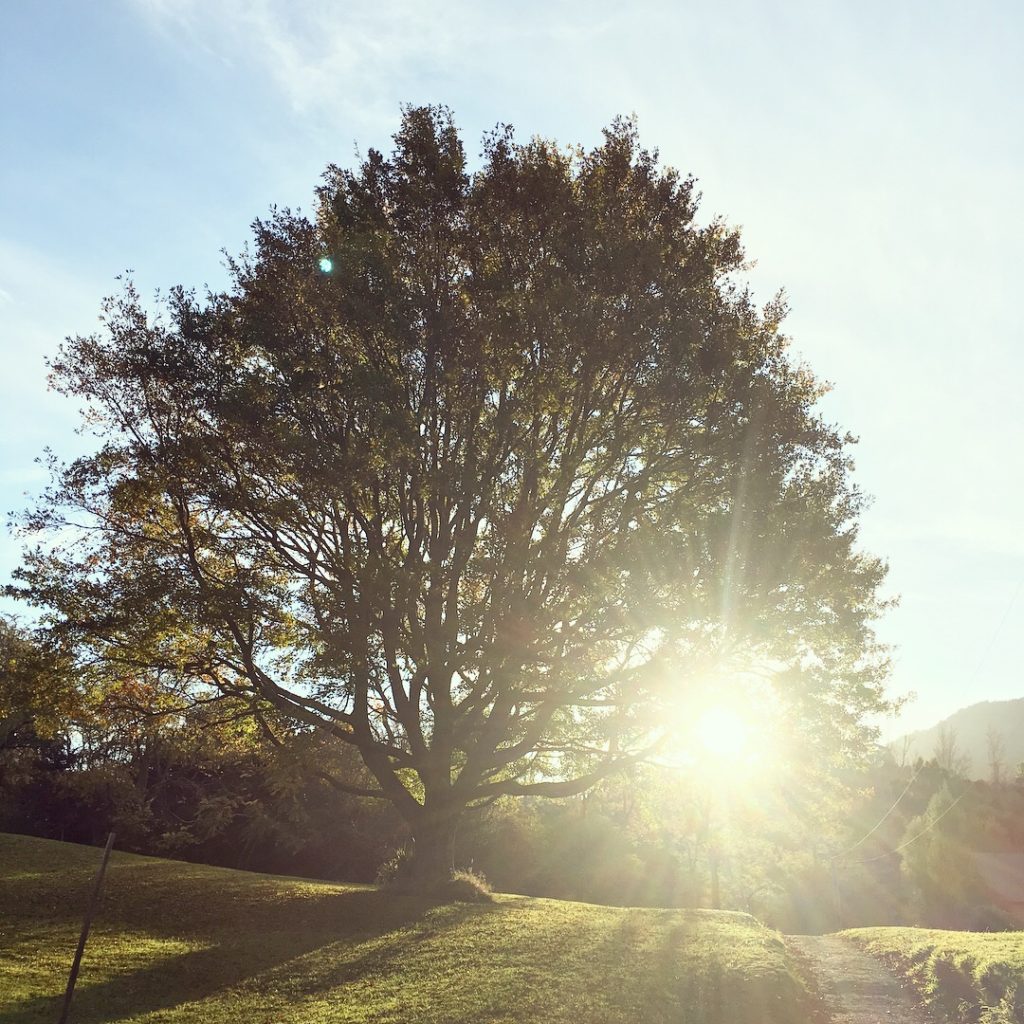
Today, we should continue practicing the 7 Principles of Leave No Trace because they help protect the environment and keep our natural spaces beautiful! Following these principles will allow us all to continue enjoying these natural spaces for years to come!
So before you hit the trails (or the sidewalks) this Spring, here are the 7 Principles of Leave No Trace We Should All Know!
1. Plan Ahead and Prepare
Whether you are going on a multi-day trip in the backcountry or just hitting a local trail for a short hike, it is important to plan ahead and prepare before you go!
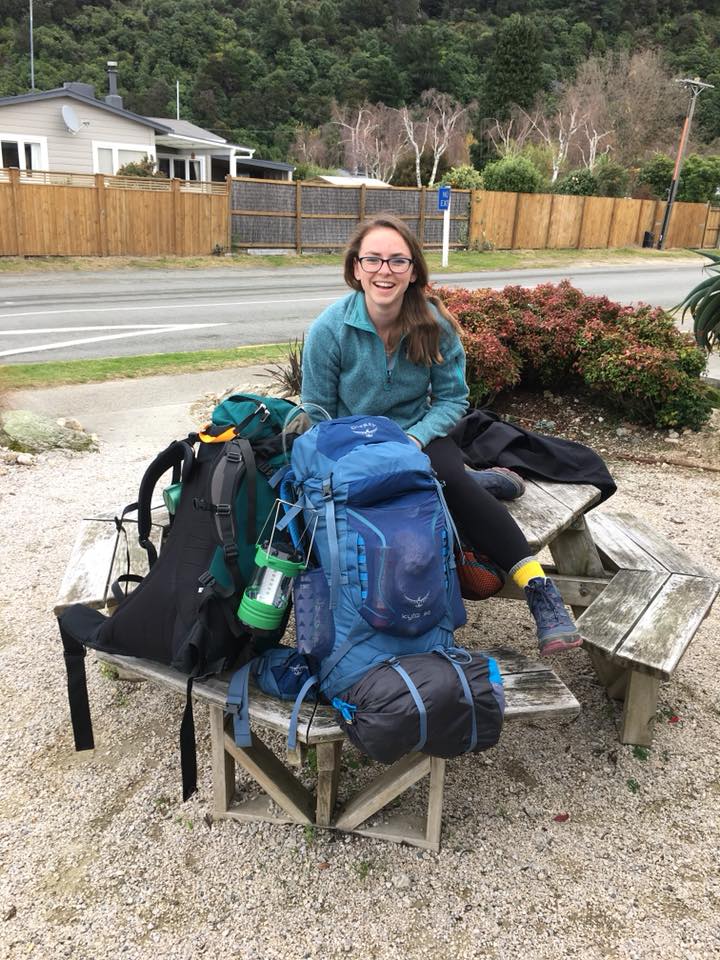
Make sure to take the time and prepare by:
- Learning about the area and trail you are headed to
- Packing appropriately
- Downloading or printing a map
- Researching wildlife in the area
- Checking the weather
Doing this on the front end increases your chances of (1) a happy and safe trip and (2) leaving a miminal impact on the environment! It’s truly a win-win scenario.
Even as an experienced hiker, I always make sure to have a downloaded map, extra water, and plenty of layers before I head on any trail. I can’t tell you how many times I have been thankful for the raincoat and hat at the top of the mountain when it unexpectedly starts to rain or the extra water when I accidentally drop and spill half of my first bottle! Even if you are heading to a popular trail, it is important to do your research so everyone can have a safe and happy trip! Remember, just because it’s popular does not necessarily mean it’s easy.
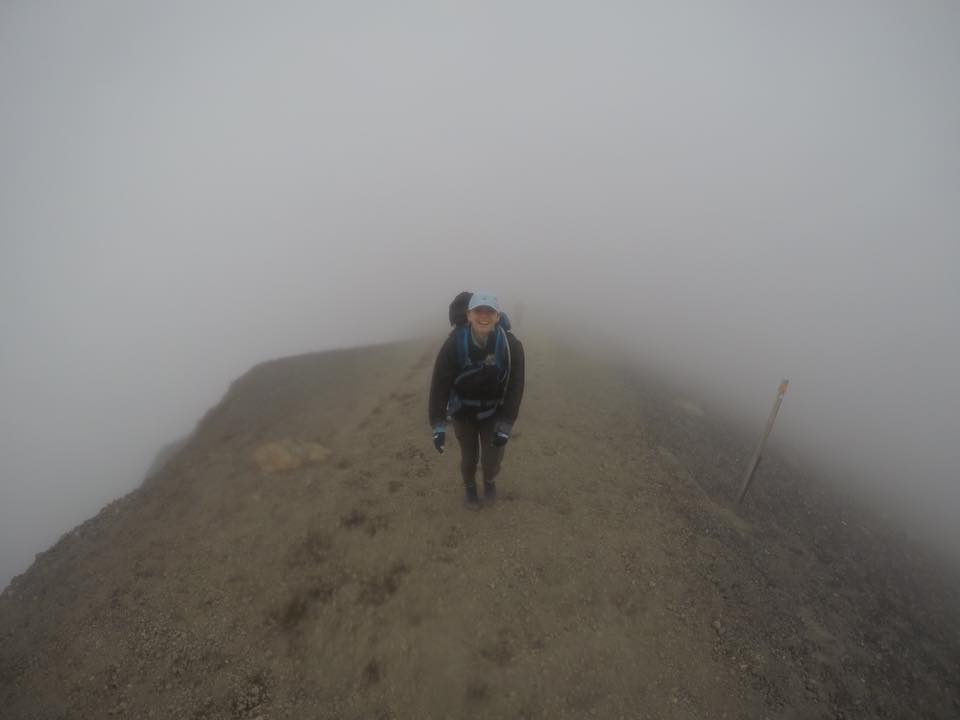
2. Travel and Camp on Durable Surfaces
Trails are created for a reason! They prevent plants from being trampled beyond recovery, concentrate foot traffic to minimize damage to the landscape, and help us navigate through tricky terrain. Also, the soil on trails is often packed down and hard. Staying on the trail helps prevent injury from slipping on loose ground and dangerous soil erosion to the areas around the trail. So whenever possible stay on the trail!
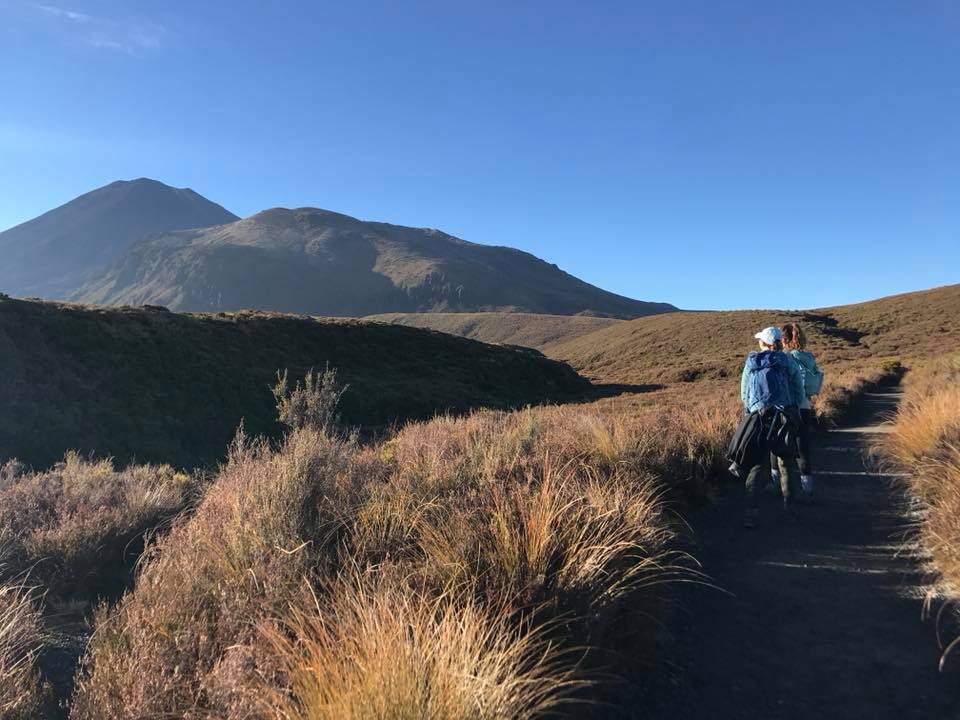
Additionally, if you are looking to camp, try to find a solid, flat area at least 200 feet (70 adult steps) from the nearest water source. This will allow wildlife to access the water source without interruption and leave minimal disturbance to vegetation. When you go to leave make sure you deconstruct any temporary structures you made. Remember, leave no trace means that there should be no evidence you were ever there! Lastly, before camping in wild spaces or backcountry, make sure to do your research or talk to a ranger so you are more likely to be a happy camper!
3. Dispose of Your Waste Properly
Littering is dangerous both to humans and wildlife. It’s also easy to prevent! So make sure to carry out what you brought in, nature is not our garbage can. Also, if you are camping make sure to follow local guidelines on disposing of or burying human waste properly. This will help prevent disease and water contamination in wild areas.
4. Leave Behind What You Find
When we head outdoors we often make amazing memories and want to collect a memento to remember our trip by. Maybe it’s a small rock, flower, or other artifacts. I mean how bad could that be right? Well, imagine if EVERYONE who visited the area took one thing, it would make a major impact! Leaving things the way you found them helps ecosystems remain in their natural state. If you want to ensure you remember the trip, consider bringing a camera instead!
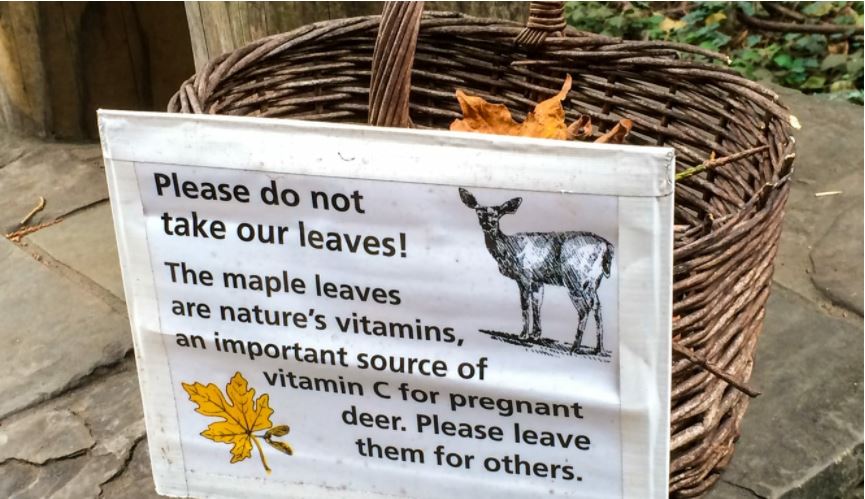
5. Respect Wildlife
Keep in mind that when we enter nature we are also entering the home of the animals that live there. Make sure to provide them with the appropriate space and never feed them. Feeding animals can cause them to be acclimated to humans and leaves them vulnerable to greater danger.
If you do spot an animal it is recommended that you stay quiet, observe from a distance, and do not make any sudden movements so that you do not stress or scare the animal. There are a few exceptions to this of course, including bears. If you spot a bear the Leave No Trace Organization recommends that you make a little noise so that you do not startle them.
Lastly, keep in mind that sick animals may be more likely to bite, scratch, or harm you. What may start as good intentions, could send you to the hospital. If you notice wildlife in need of help, notify the local game warden or animal rescue.
6. Minimize Campfire Impacts
While campfires are a classic way to enjoy the outdoors, they can also leave a large impact. Make sure before you ever build a fire that you have (1) checked the fire restrictions of the area and are (2) knowledgeable about how to build and manage a fire safely! This will minimize the risk of larger fire damage and danger to yourself.
Also, when it is available, try to use pre-established fire rings to not leave an even greater impact on the area! This summer my boyfriend and I traveled to Moab, Utah, and were so happy that the campsite we chose had metal fire rings for us to use!
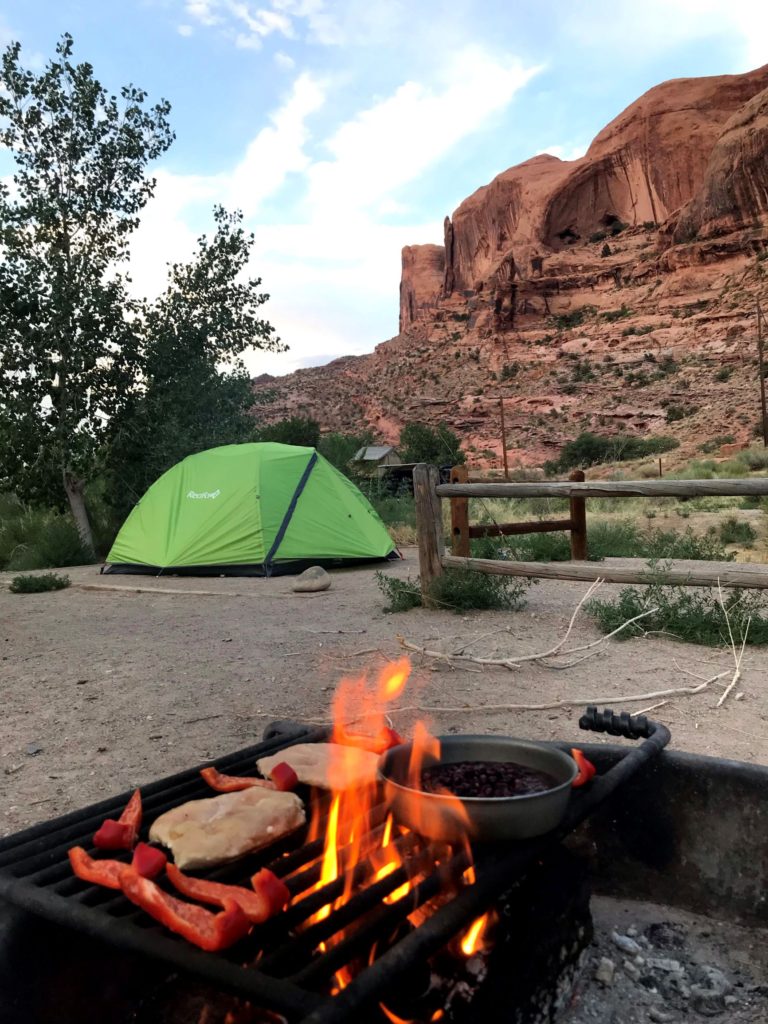
Not knowledgeable on to create and manage a campfire? (Pointing a finger at myself right now) DO NOT MAKE ONE!!! Instead, consider purchasing a lightweight camping stove. They make cooking while camping a breeze!
7. Be Considerate to Others
We are all heading outside generally to relax, unwind, and enjoy the peaceful nature of the outdoors. So when you head outside be considerate of these things! Keep your noise level low, be respectful to other groups, and pack out what you carried in.
This will ensure that the environment can remain a sanctuary for everyone!
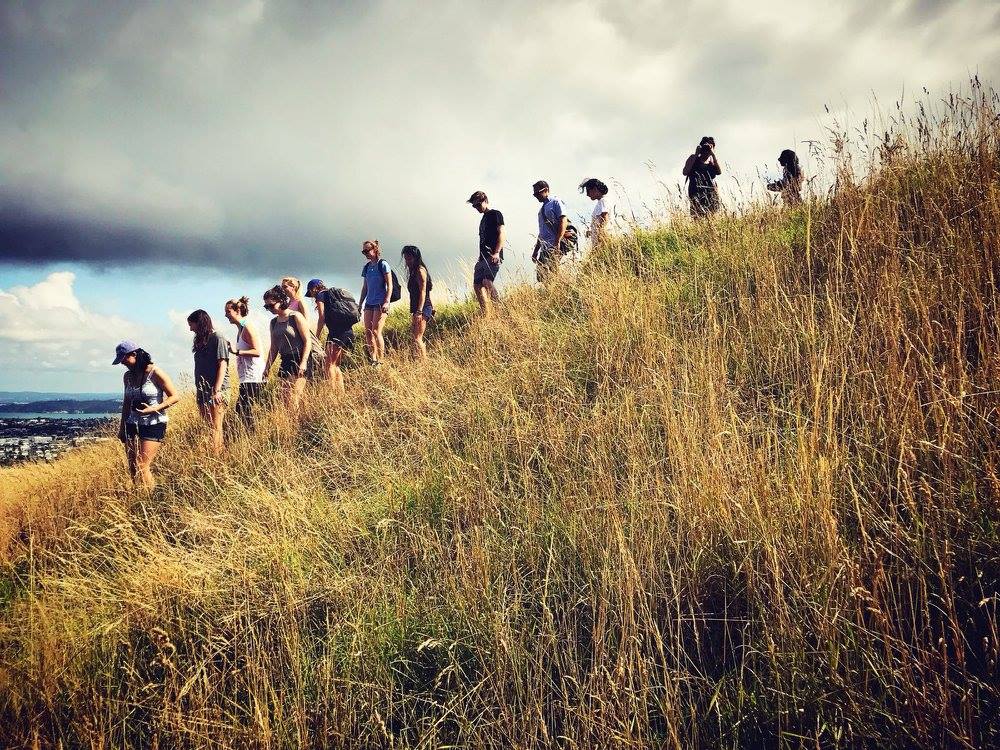

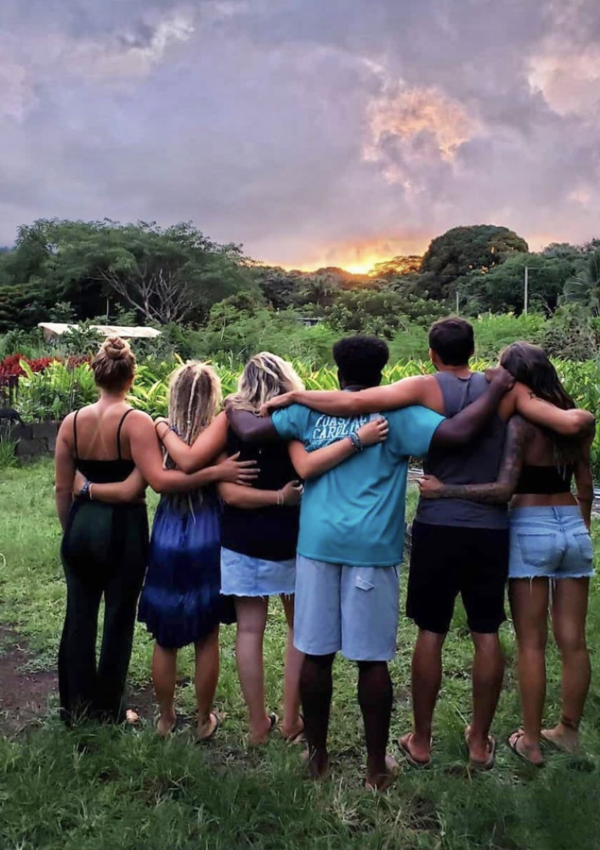



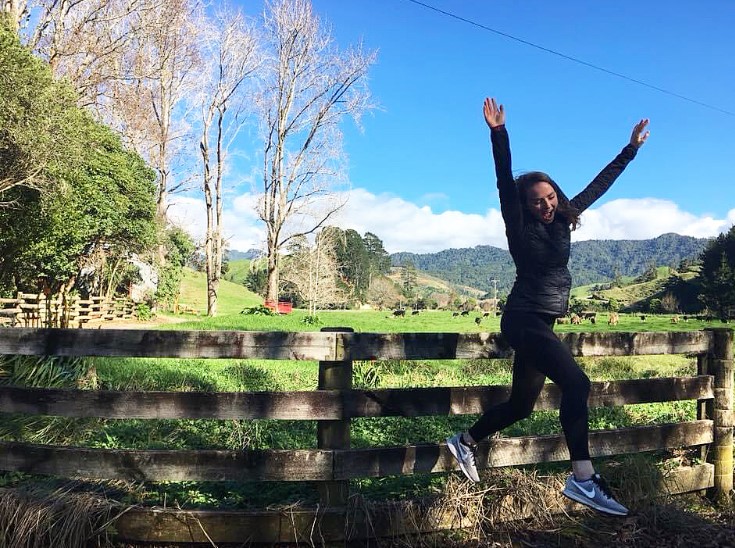
In a world where more and more people are drawn to the outdoors, reads like yours are what we need right now. As a fervent hiker myself, I get sad each time when I encounter random waste in nature, toilet paper carelessly left behind, or damaged sites from wild camping. Although it is in fact a good thing that more and more people are taking to fresh air, appreciating nature, and exercising, the educational part is lacking, still. So thank you for taking the time to write this comprehensive list. I hope that it will be read by many people, and that altogether, we will be able to appreciate nature going forward in a more mindful way. Top tip about the trash: if I am going on a hike, I take with me a few small compostable/biodegradable garbage bags so that I can separate organic, paper, plastic, and general waste. It won’t take up that much more space than when you’d throw it all together.
Thank you for your kind words about my post! What a great idea to bring your own bags. Each time we can pick up litter we are making a commitment to keeping our Earth clean and healthy for future generations.